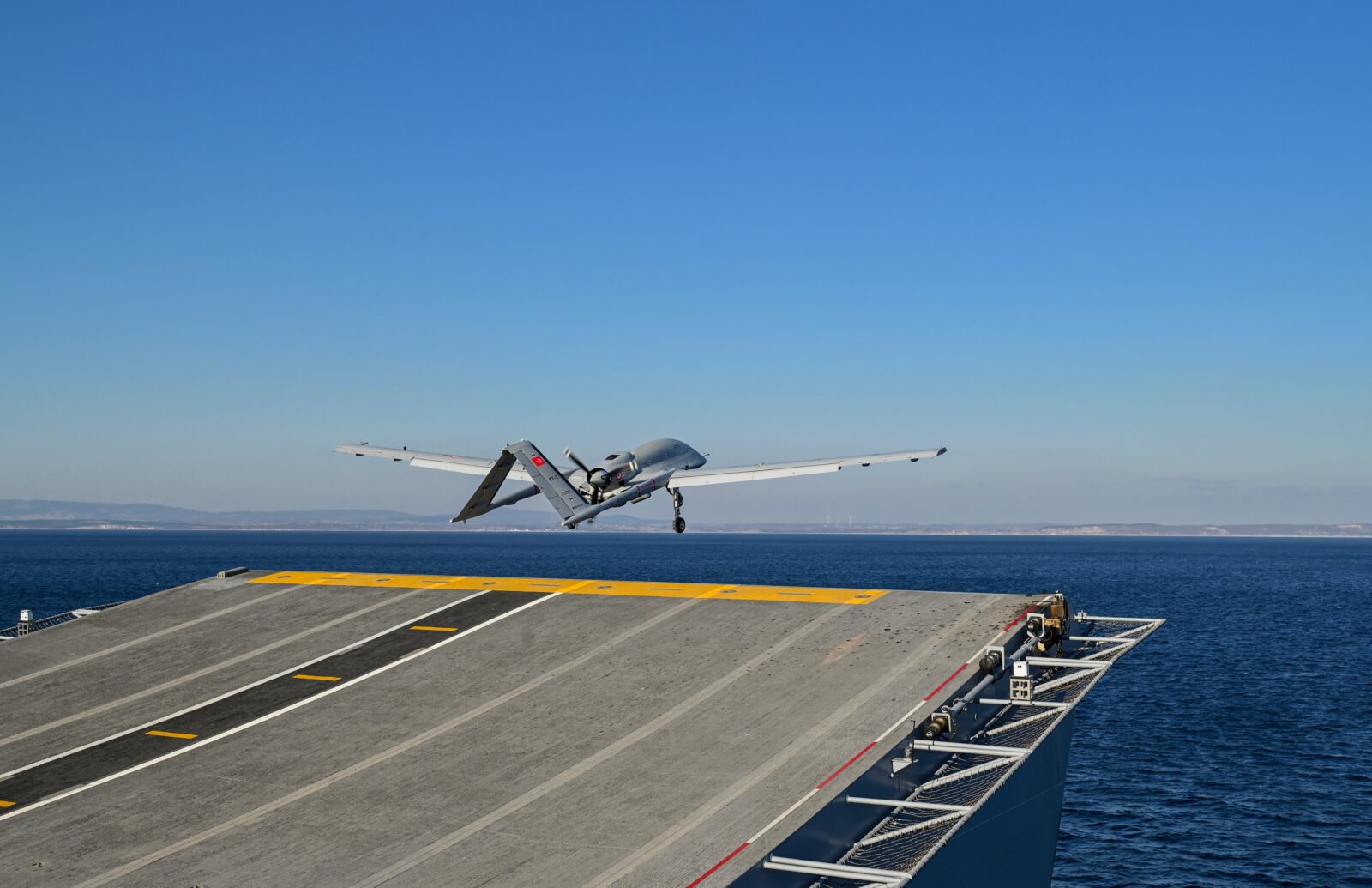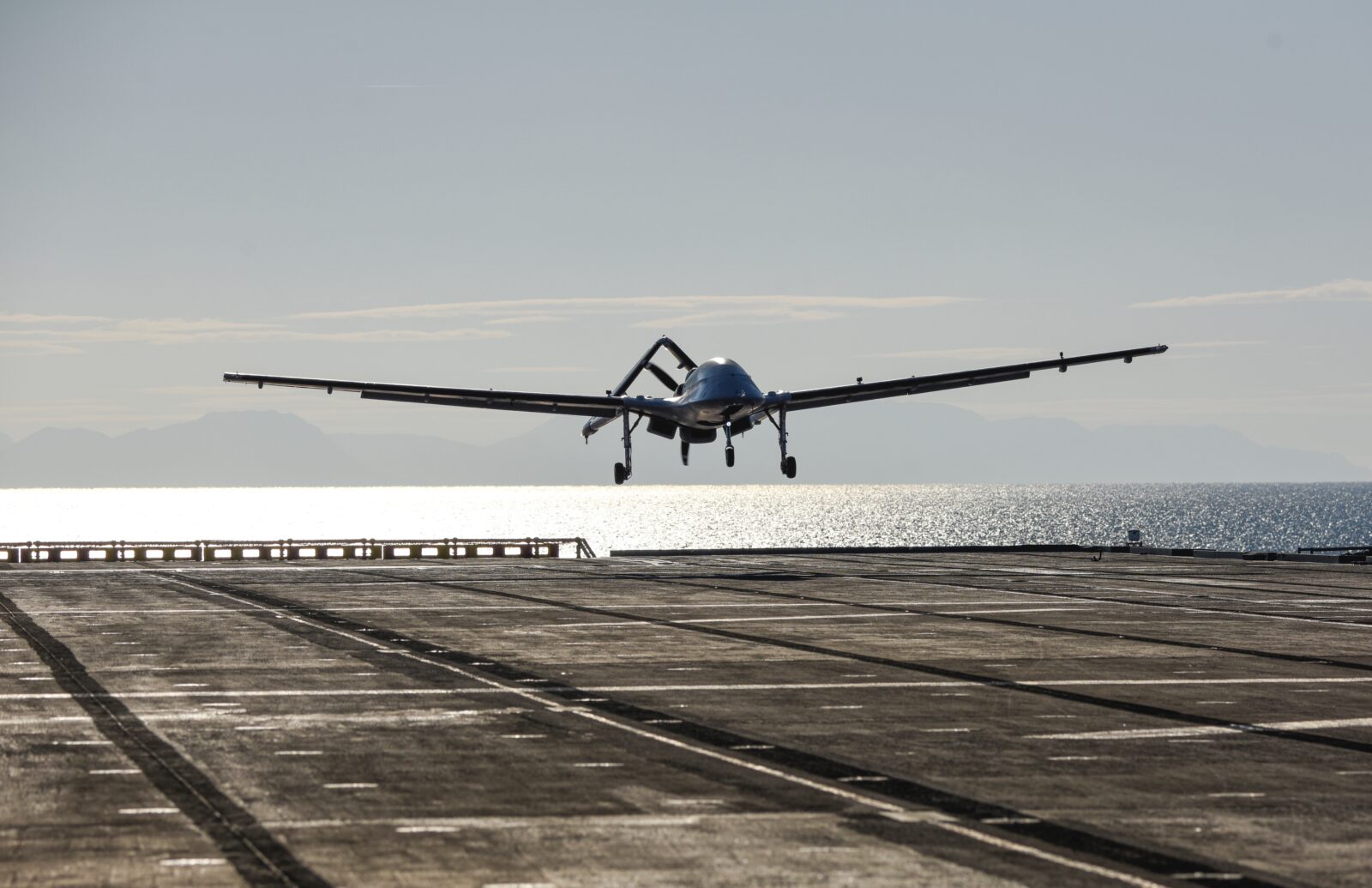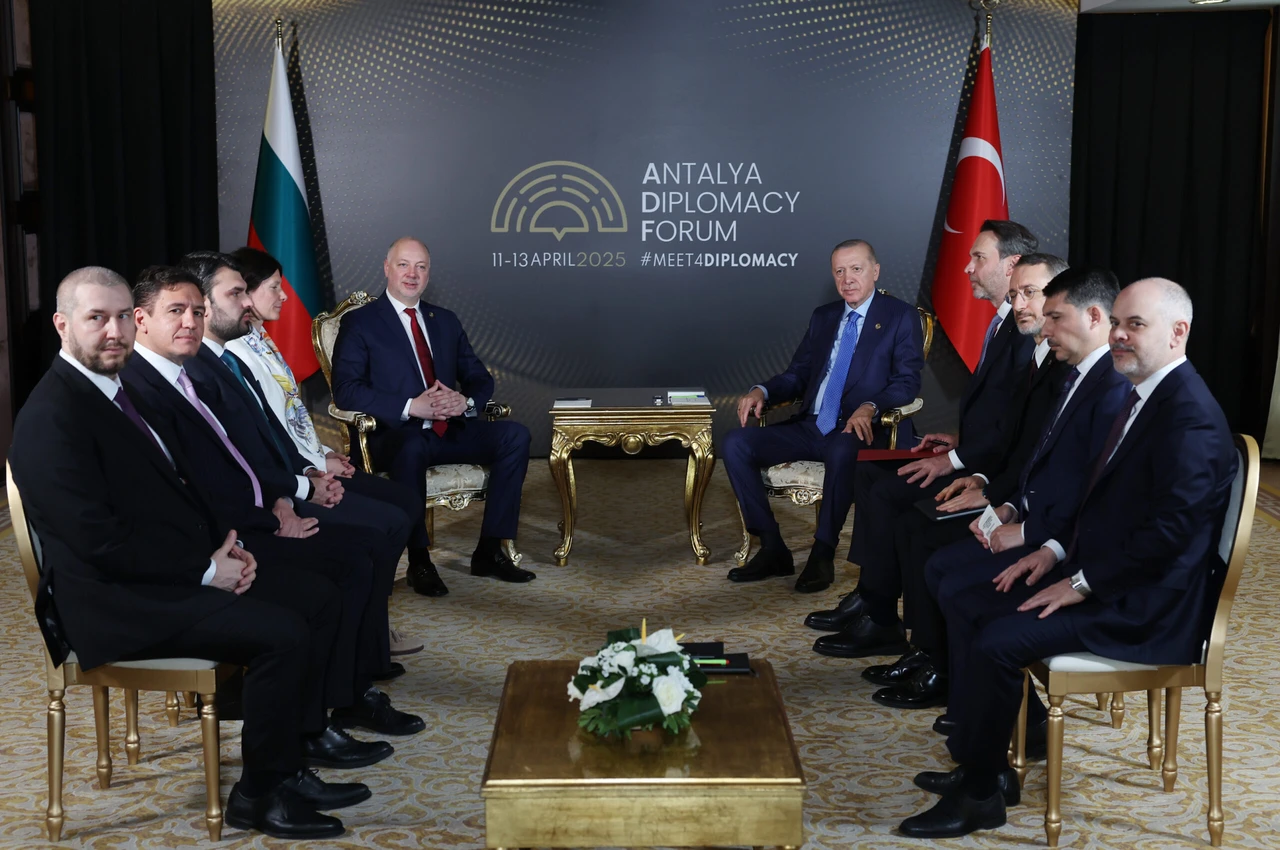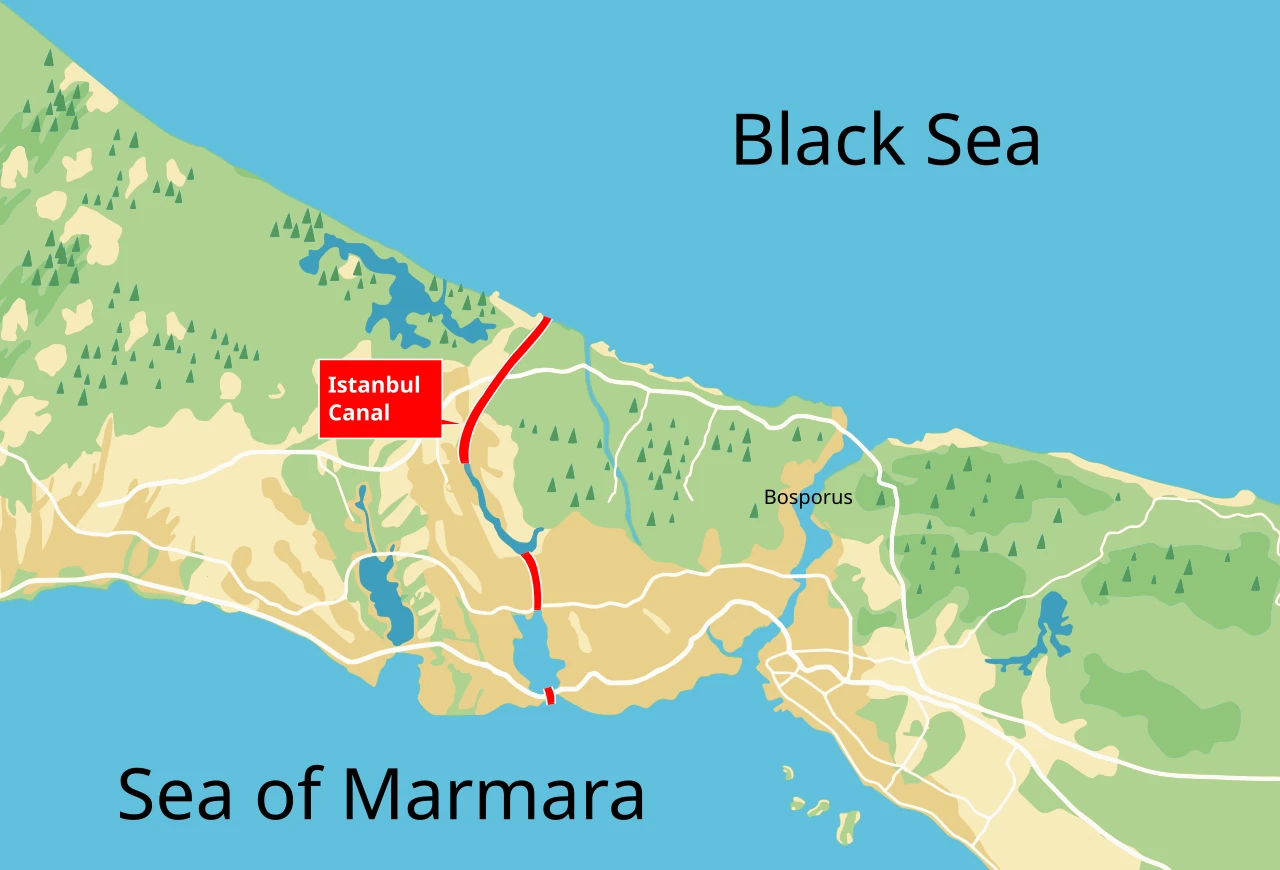Bayraktar TB3 UCAV successfully continues ship tests
 Bayraktar TB3 successfully completes two additional takeoffs and landings during yesterday’s flight tests on TCG Anadolu, Canakkale, Türkiye, Nov. 25, 2024 (Photo via Baykar)
Bayraktar TB3 successfully completes two additional takeoffs and landings during yesterday’s flight tests on TCG Anadolu, Canakkale, Türkiye, Nov. 25, 2024 (Photo via Baykar)
Bayraktar TB3 unmanned combat aerial vehicle (UCAV), which made aviation history as the first unmanned aerial vehicle to take off and land on a short-deck vessel, is successfully continuing its shipboard tests.
During its second flight test conducted on Monday aboard TCG Anadolu, cruising off the coast of Canakkale, Bayraktar TB3 performed two more successful takeoffs and landings without using any landing support equipment. The indigenously developed UCAV successfully executed the test parameters while flying at an average altitude of 20,000 feet.


Historic milestone in aviation with Bayraktar TB3
After completing ramp tests in Kesan and approach tests at sea, Bayraktar TB3 UCAV achieved another milestone on Nov. 19, when it successfully took off from the short-deck ramp of TCG Anadolu, which features a 12-degree incline.
During a historic 46-minute test flight in the Aegean and Mediterranean junction, Bayraktar TB3 also successfully landed on the short deck without any landing support equipment.
Reaching new heights with domestic engine
On June 25, 2024, Bayraktar TB3 UCAV completed its High-Altitude System Performance Test, reaching an altitude of 36,310 feet during a flight conducted at Baykar Flight Training and Test Center in Kesan, Edirne.
Powered by the indigenously developed TEI PD-170 engine, the aircraft achieved a critical milestone. The Bayraktar Akıncı UCAV, which reached an altitude of 45,118 feet, continues to hold the altitude record in Turkish aviation history. It was also developed indigenously by Baykar.

Over 828 hours of flight time
To date, Bayraktar TB3 has accumulated a total of 828 hours and 57 minutes of flight time during test flights. During the long-flight test on Dec. 20, 2023, the UCAV stayed airborne for 32 hours without landing, covering a distance of 5,700 kilometers.
Indigenous UAV, indigenous camera
On March 26, 2024, Bayraktar TB3 flew for the first time with the ASELFLIR-500, an indigenously developed electro-optical reconnaissance, surveillance, and targeting system by Aselsan. The test successfully integrated the ASELFLIR-500, which boasts the highest performance among its global counterparts.
A force multiplier beyond seas
With its foldable wing design and advanced capabilities, Bayraktar TB3 is poised to lead its class of unmanned aerial vehicles. Equipped with beyond-line-of-sight communication capabilities, the UCAV can be operated over very long distances. This enables it to conduct reconnaissance, surveillance, intelligence, and strike missions with its smart munitions against overseas targets, acting as a force multiplier for Türkiye’s deterrence.
Export champion
Baykar, which has funded all its projects with its own resources since its inception, has generated 83% of its revenue from exports since beginning its UAV R&D journey in 2003. In 2023, Baykar achieved $1.8 billion in exports, ranking among the top 10 exporting companies across all industries in Türkiye.
Recognized with the “Export Champions” award, Baykar was the export leader in the defense and aviation sectors in 2021, 2022, and 2023, according to the Defense Industry Agency and the Turkish Exporters Assembly (TIM).
In recent years, over 90% of Baykar’s revenue has come from exports, with the company single-handedly accounting for one-third of Türkiye’s defense and aviation sector exports in 2023. Currently the largest UAV company in the world, 97.5% of Baykar’s signed contracts are export-based.
Export agreements have been signed for the Bayraktar TB2 UCAV with 34 countries and for the Bayraktar AKINCI UCAV with 10 countries, totaling agreements with 35 countries.



